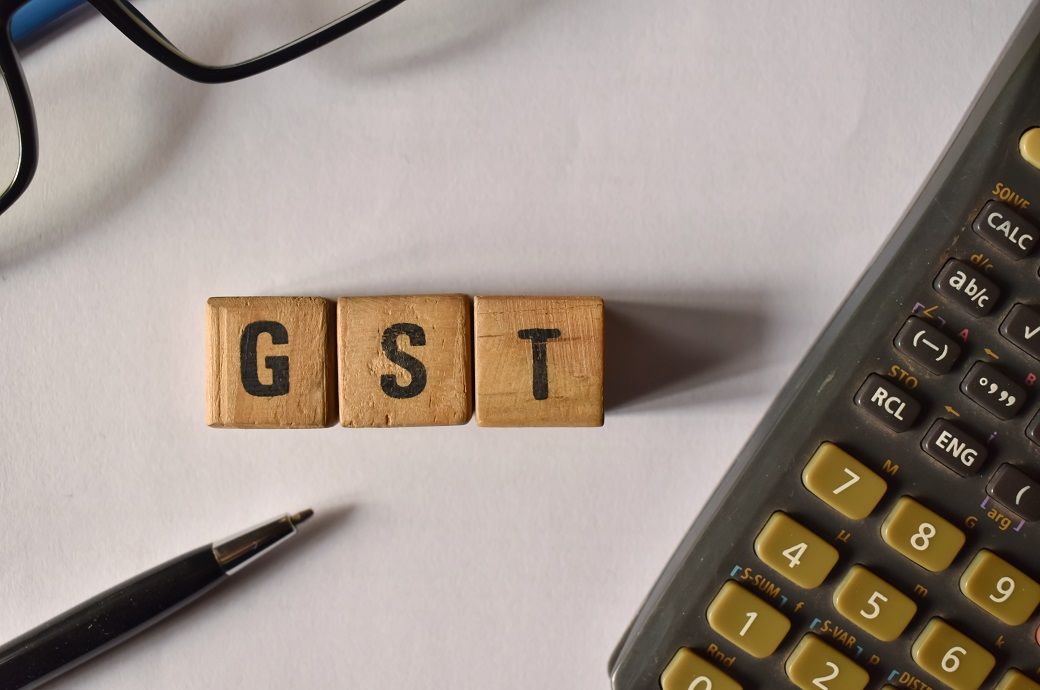
The GST Council may bring forward a proposal to introduce a uniform tax rate of 12 per cent on all products in the textile value chain. This aims to simplify the tax structure, increase industry competitiveness, and attract investment. However, such a proposal could raise taxes and prices on cotton, potentially reducing its appeal in comparison to synthetic fibres, which are currently taxed at higher rates.
Government sources have indicated that the proposal may be considered by the GST Council before September as part of the next phase of GST reforms. It is likely to feature in the rate rationalisation report by the Group of Ministers (GoM). The proposal aims to correct the long-standing inverted duty structure in the sector.
At present, cotton is taxed at 5 per cent, yarn at 12 per cent, and synthetic fibres—as well as the chemicals used to produce them—at 18 per cent. Garments priced below ₹1,000 attract 5 per cent GST, while those priced above ₹1,000 are taxed at 12 per cent.
The Indian industry has long been demanding a correction in the inverted duty structure to enable manufacturers to claim ITC. This distortion imposes an indirect financial burden on the sector and reduces its global competitiveness. A simplified and uniform tax rate would not only ease this burden but also attract fresh investment.
Government officials and the GST Council have acknowledged the challenges faced by the industry. The Council is working on a broader move to simplify GST in general, aiming to boost the country’s growth rate.
Under the proposed plan, the GST rate on synthetic fibres would be reduced from 18 per cent to 12 per cent. However, the tax on cotton would rise from 5 per cent to 12 per cent. Garments—the final product in the textile value chain—would also be subject to a uniform 12 per cent tax, regardless of retail price. Currently, garments priced below ₹1,000 are taxed at 5 per cent, while those priced above that threshold attract 12 per cent. Hence, the tax rate for low-priced garments would increase, while that for higher-priced garments would remain unchanged.
While the proposed tax adjustments may ease compliance for the textile industry, the cotton value chain could come under pressure due to the higher tax burden. Cotton fibre, yarn and fabric, currently taxed at 5 per cent, would see the rate rise to 12 per cent.
A yarn trader from Delhi told Fibre2Fashion, “A uniform tax rate of 12 per cent would simplify taxation for the textile industry if the GST Council approved the proposal. However, raising the tax on cotton fibre and fabric from 5 per cent to 12 per cent will increase their prices. Currently, cotton-based products attract lower GST than synthetic ones.”
The proposal may also include removing the ₹1,000 price threshold for garments and applying a flat 12 per cent GST across all apparel, regardless of value.
ALCHEMPro News Desk (KUL)
Receive daily prices and market insights straight to your inbox. Subscribe to AlchemPro Weekly!